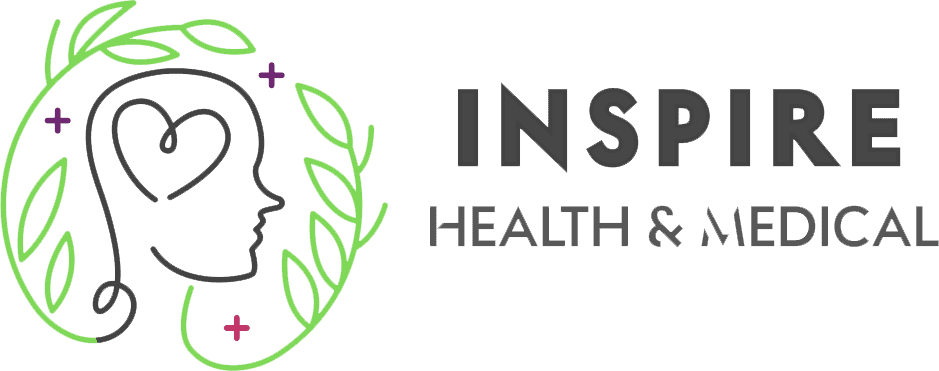
This saying has been around for years. Decades even. According to the Webster dictionary, this is “to have or enjoy the good parts of something without having to deal with the bad parts” (Webster, 2022). The use of this prolific proverb was first penned in a letter written to Thomas Cromwell stating you can’t have your cake and eat it too back in the late 1500’s. So ,what does this saying really mean? Carlsen (2010) explains that individuals in the medical profession are constantly in a dilemma in making the hard choice of providing medication to their patients based on the treatment effect and cost vs. what their patients prefer. In other words, what the patient wants may not outweigh what is cost efficient and a more effective treatment when medical professionals are making decisions. This view may be biased to one particular profession, however, the point of making choices is relevant to every aspect of human life. Hard choices exist and to have your cake and not eat it could mean that hard choices have to be made. Where there may seem to be an easy yes to a problem, can have many sacrificial no’s floating in the background.
Everyone loves the feeling of yes. When children hear their parents tell them yes to ice cream a feeling of excitement comes over them. When an employee gets the yes to having some well-deserved time off, that employee may encounter a rush of immediate peace. The overwhelming feeling of joy can truly be experienced when that significant other says yes to the marriage proposal. Yes’s like these along with many others are what we all hope for as it brings a liberation within us, allowing us to feel a freedom that is hard to put into words, even if just for a short period of time.
When the word yes is the constant response to life’s opportunities, then one can become bombarded with the pressure of meeting yes’s expectations. Hinton Jr et al. (2020) reminds us all that saying yes to everything can often leave one indebted to all kinds of tasks they have committed to for many different reasons. Coming to someone’s aid in a time of need or helping out a friend move to a new house shows love and kindness and meets the definition of “that’s what friends are for”. It is when favours like these are given out so much that actually completing them can often end in failure. The word YES can cause problems for both parties involved as it can ruin the task at hand leaving relationships of all types stressed and possibly ruptured.
It is saying the word NO that can be uplifting and empowering to those giving it and receiving it. According to research, a character trait that mentors want to pass along to their mentees is having the courage to say no as it helps them understand their strengths in making commitments and helps protects their own mental self-care by not performing under the pressure of so many external expectations (Hinton Jr et al., 2020). No, can be a great way of keeping people grounded in the reality of what can be accomplished and successfully meeting that demand. No, can limit unnecessary peripheral distractions and allow for greater attention to the assignment that has been agreed upon. When the word no is used to avoid overextending your abilities to get the job done, it may be much easier to achieve the yes’s you have intended to execute.
So, what we can all learn is that saying yes to one thing should mean saying no to others. This can make us more efficient in what we have signed up for and can also gain respect from those who may receive our no’s because they know our word means more than our need for approval. There will always be more time for the yes to go around as long as it does with the intention of following through. Allowing no to be in our vocabulary just as much as the word yes, may give us higher success rates in our goals and stronger relationships in the process. Can we have our cake and eat it too? Maybe, but passing it to the person next to you is a wiser option as there will always be more cake.
References
Carlsen, B., Hole, A. R., Kolstad, J. R., & Norheim, O. F. (2012). When you can’t have the cake and eat it too: A study of medical doctors’ priorities in complex choice situations. Social science & medicine, 75(11), 1964-1973.
Have one’s cake and eat it too.” Merriam-Webster.com Dictionary, Merriam-Webster, https://www.merriam-webster.com/dictionary/have%20one%27s%20cake%20and%20eat%20it%20too. Accessed 17 Jun. 2022
Hinton Jr, A. O., McReynolds, M. R., Martinez, D., Shuler, H. D., & Termini, C. M. (2020). The power of saying no. EMBO reports, 21(7), e50918.







